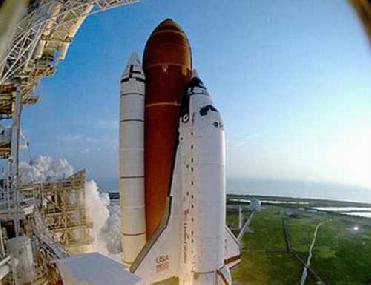
File photo of Shuttle discovery on the launch pad. NASA photo
WASHINGTON (BNS): NASA’s Space Shuttle Discovery to the International Space Station is likely to be launched on March 12. A final date will be taken only after the Space Shuttle Programme meets on March 4 to review new data and assess the ongoing work. Managers then will determine whether to move forward with a flight readiness review for March 6.
Presently NASA engineers are working on the shuttle’s three gaseous hydrogen flow control valves. At the Kennedy Space Center in Florida, technicians have started removing Discovery's three valves, two of which will undergo detailed inspection. NASA said that approximately 4,000 images of each valve will be reviewed for evidence of cracks.
“Valves that have flown fewer times will be installed in Discovery. Engineering teams also will complete analysis and testing to understand the consequences if a valve piece were to break off and strike pressurisation lines between the shuttle and external fuel tank. Hardware modifications may be made to the pressurisation lines to add extra protection in the unlikely event debris is released,” managers said.
NASA and contractor teams have been working to identify what caused damage to a flow control valve on Shuttle Endeavour during its November 2008 flight. After a thorough review of shuttle Discovery's readiness for flight on February 20, NASA managers decided more time was required before launching Discovery.
The Discovery launch was initially scheduled for February 12, then put off till February 19 and then again till February 27. A fourth delay was announced on February 21, with no date set for the launch.
“If the tentative launch date holds, there will be no effect on the next two shuttle launches to the Hubble Space Telescope and again to the ISS,” NASA said.
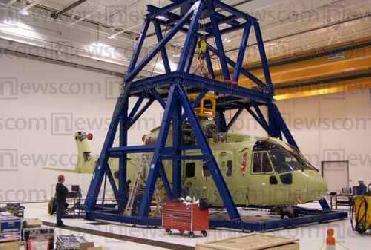 Next Article
Next Article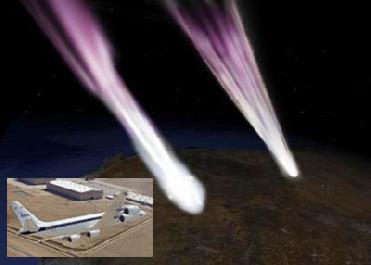
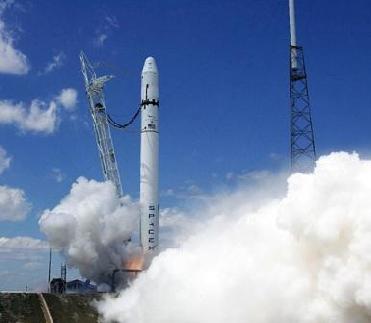
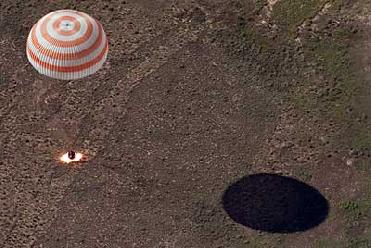










The Indian Air Force, in its flight trials evaluation report submitted before the Defence Ministry l..
view articleAn insight into the Medium Multi-Role Combat Aircraft competition...
view articleSky enthusiasts can now spot the International Space Station (ISS) commanded by Indian-American astr..
view article